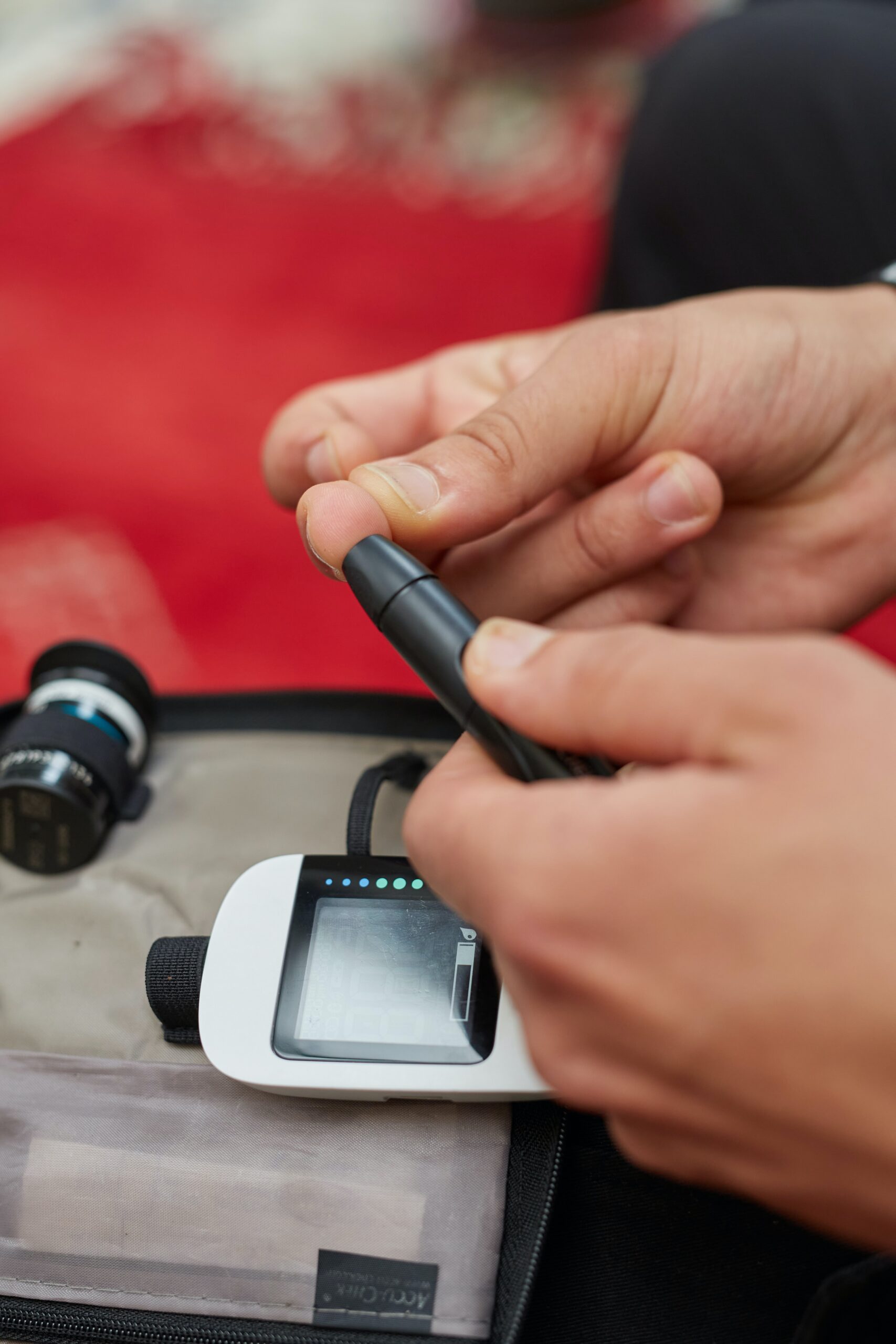
For the last 12 months, I’ve been monitoring my blood glucose with a Veri CGM on and off and experimenting with different foods and looking into the scientific literature.
One thing I’ve discovered is just how much the timing of dinner affects glucose sensitivity.
If you’re using a CGM, you may have noticed that your overnight blood glucose is higher when you eat late.
And if you use a Lumen device, you might have seen a higher reading – a 3 or a 4 – in the morning showing that you are waking up burning carbs instead of fats (preferred).
The science backs this up.
A recent study found that eating earlier, improved not just glucose levels after the meal or that night, but 24-hour glucose levels and also lipid levels.
Here’s a little graph to show the effects of dinner at 6pm versus dinner at 9pm.
So what this means is that the timing of your evening meal, affects not just your blood glucose after that meal, but also the next 24 hours. It’s also been shown to affect your lipid levels.In the evening, to sleep well, you want to be optimising for melatonin production.Melatonin isn’t just important for sleep. It’s also an antioxidant that protects your body against things like cancer.So more melatonin in the evening is better, right?Yes, but here’s the rub.Melatonin can interfere with insulin sensitivity.So, if you want to get the benefits of good insulin sensitivity and good melatonin production – both of which are important for longevity – then you need to finish eating dinner earlier.If that doesn’t fit with your schedule on some days, you may like to think about reducing the amount of starchy carbohydrates in that evening meal.Eating plenty of vegetables and protein, especially before consuming starchy carbohydrates also improves glucose tolerance. So that’s an easy biohack you can use also. See the graph below from Jessie Inchauspe which illustrates this well.

But the best experiments are going to be the ones that you run on yourself with either a CGM or a device like Lumen that tells you whether you are burning carbs or fats.
I’ve been improving my own metabolic score with a Veri CGM recently – it’s not perfect yet, but it’s pretty good for someone with PCOS.
The key metric I’m working on to improve further? My early morning glucose reading – it’s the anticipatory stress and early morning cortisol on school mornings that seems to impact mine the most.
More morning meditation and yoga for me…
Do you track your blood glucose or use a device like Lumen? Do you have questions? Reply to this email and let me know 🙂
Get my latest health, fitness, biohacking, anti-aging tips, and podcast episodes delivered straight to your inbox.
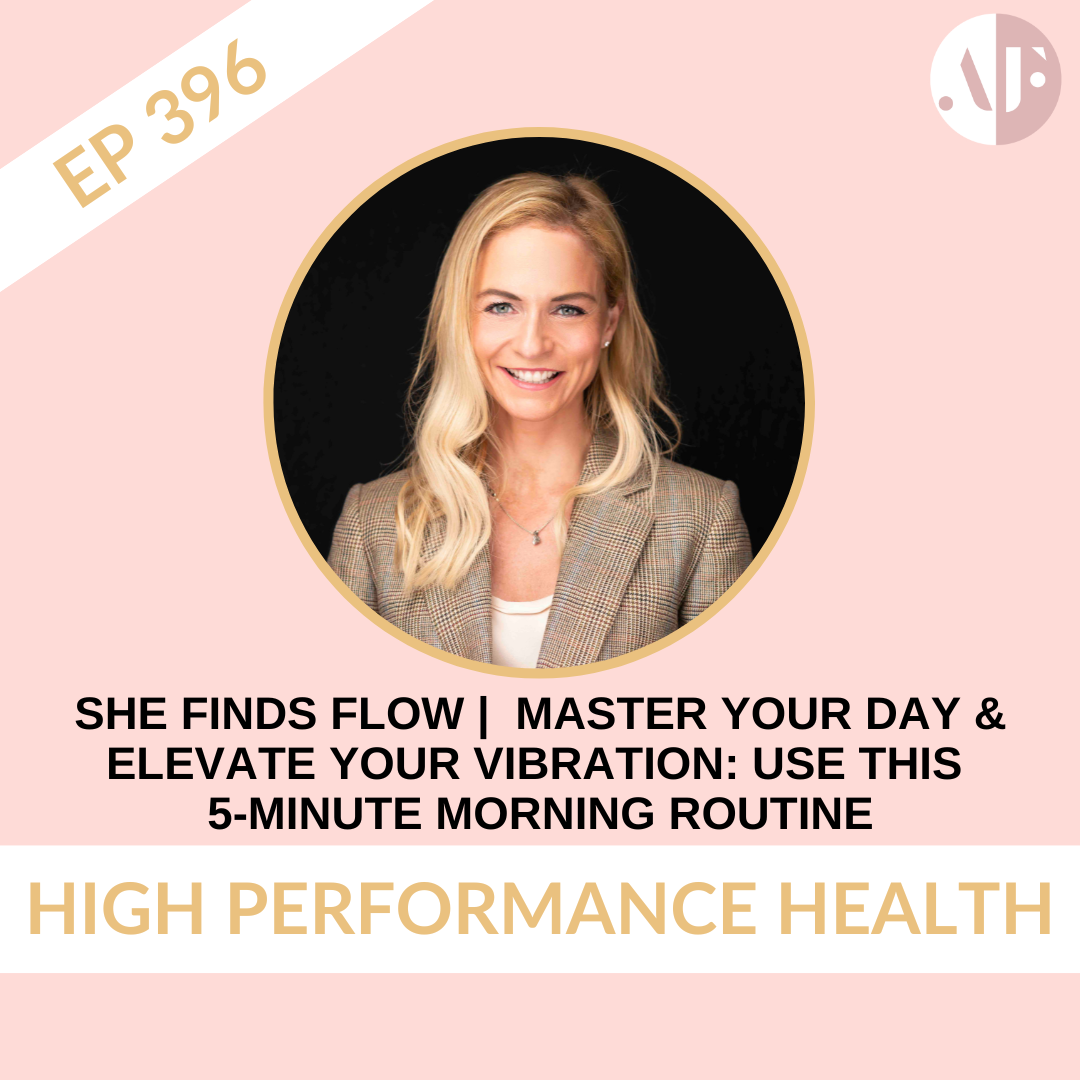
Angela welcomes former British Army soldier turned fitness coach and author of “Hard Stuff, Easy Life”, Jay Alderton.
They delve into Jay’s transformative journey from a lack of direction to mastering discipline and mindset, examining the importance of habits and routines in achieving long-term success. Jay shares insights on the difference between motivation and discipline, the significance of community support, and the role of mindfulness in daily life.
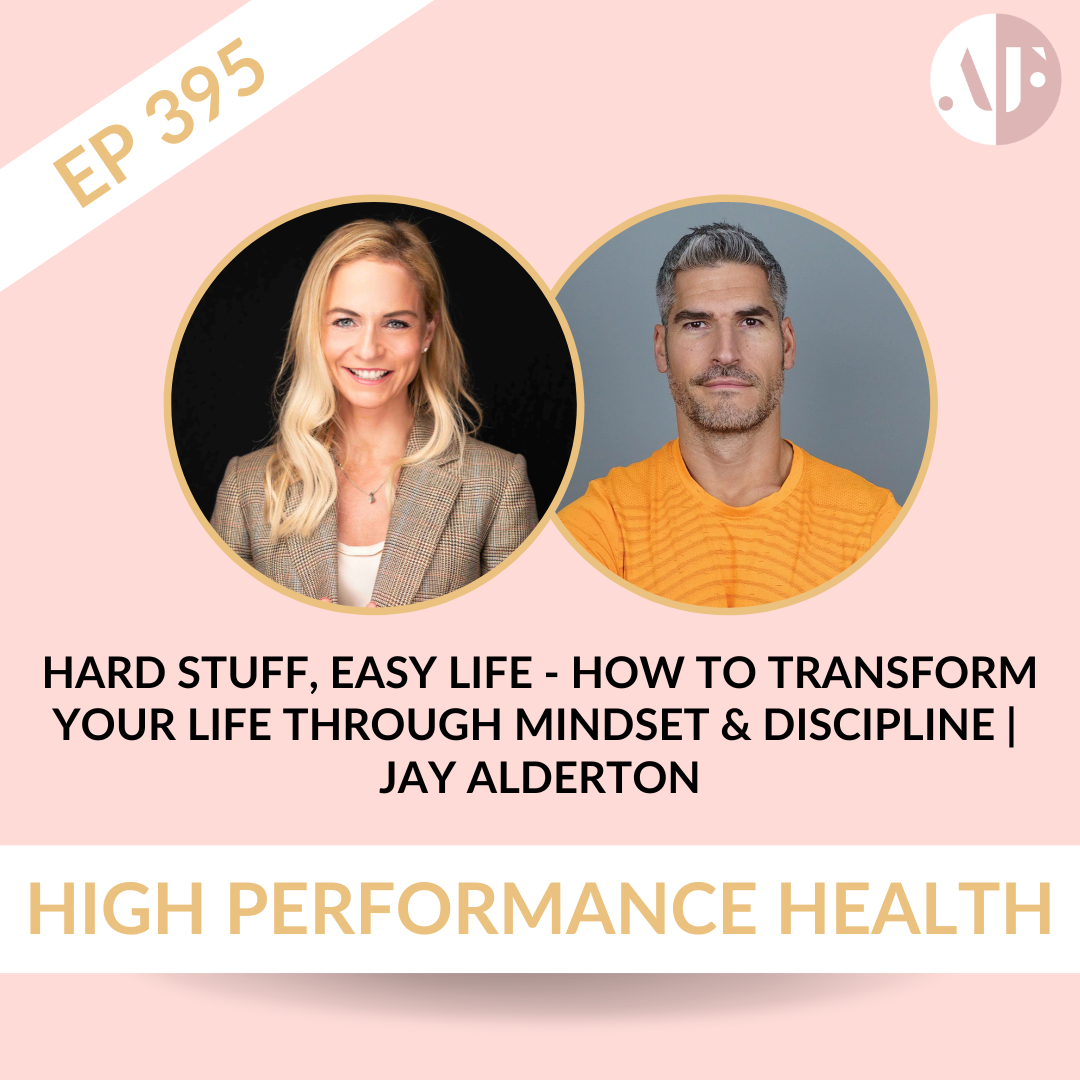
Angela welcomes former British Army soldier turned fitness coach and author of “Hard Stuff, Easy Life”, Jay Alderton.
They delve into Jay’s transformative journey from a lack of direction to mastering discipline and mindset, examining the importance of habits and routines in achieving long-term success. Jay shares insights on the difference between motivation and discipline, the significance of community support, and the role of mindfulness in daily life.
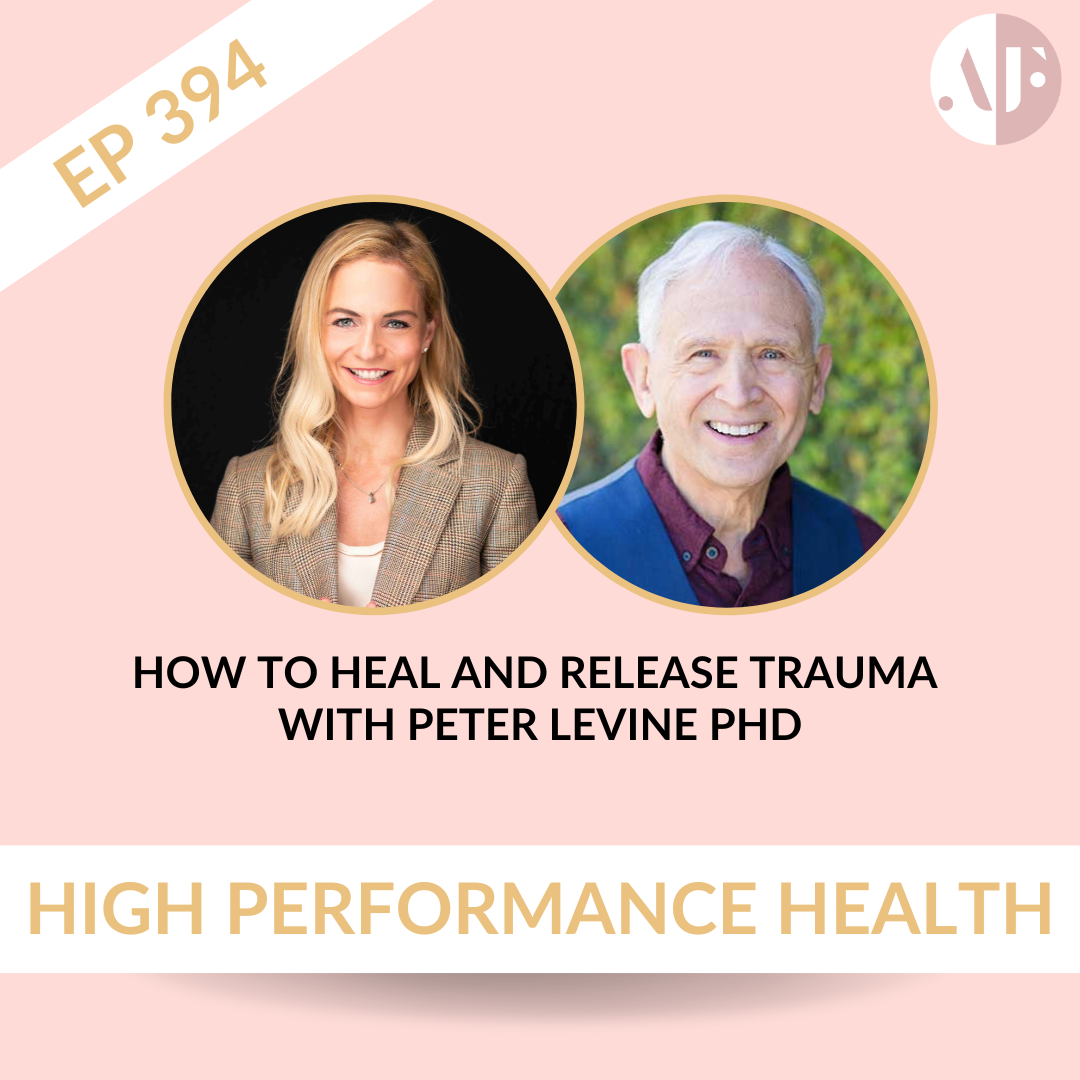
Angela talks to Rachel Varga about the world of skincare, focusing on the topical application of GHK copper and the intricacies of micro-needling. They discuss the importance of product stability and formulation, emphasising that the effectiveness of ingredients like hyaluronic acid, vitamin C, and retinol depends on their molecular size and stability. They also discuss emerging skincare trends, such as NAD and photo-biomodulation, while stressing the need for thorough research and caution when using at-home laser devices.
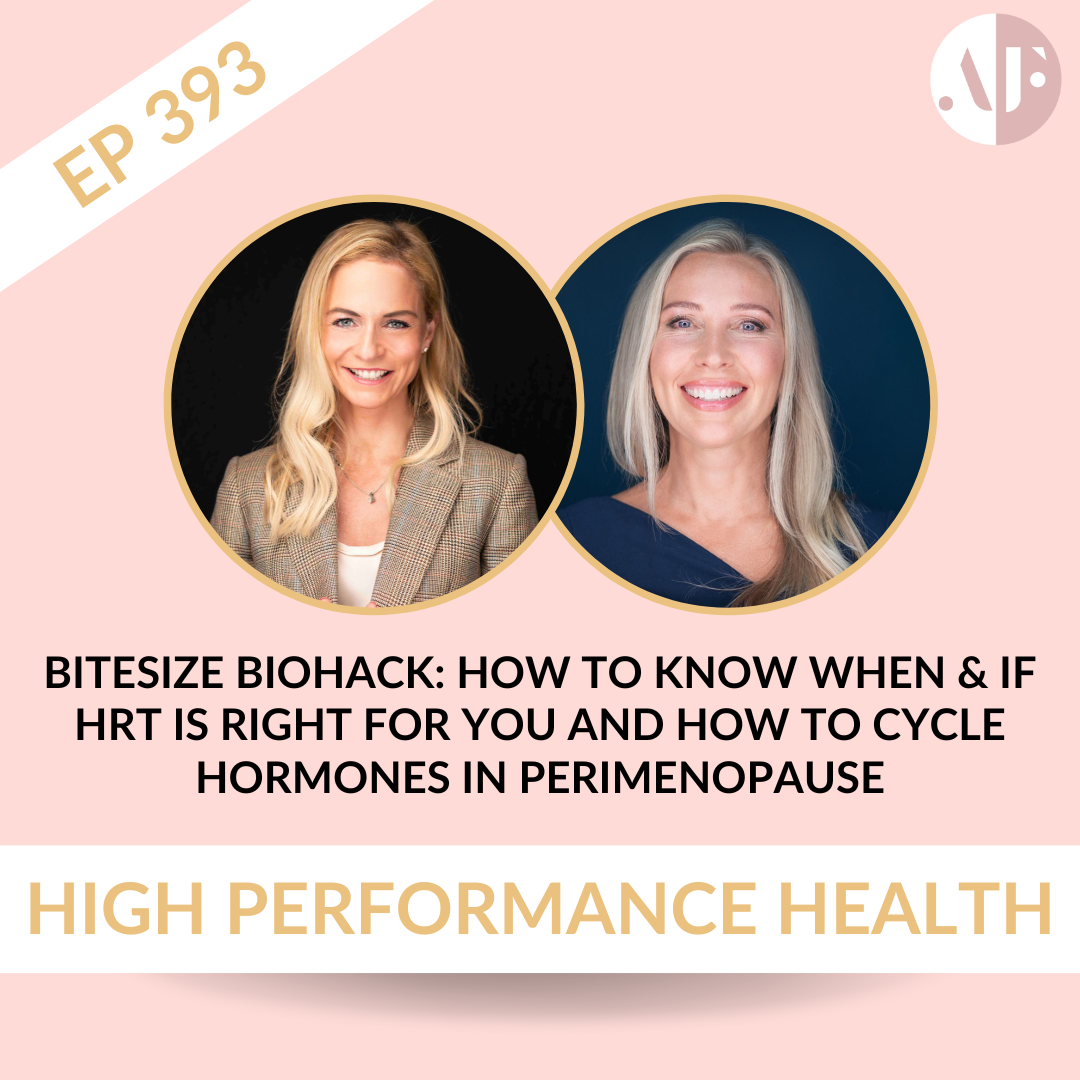
Angela talks to Rachel Varga about the world of skincare, focusing on the topical application of GHK copper and the intricacies of micro-needling. They discuss the importance of product stability and formulation, emphasising that the effectiveness of ingredients like hyaluronic acid, vitamin C, and retinol depends on their molecular size and stability. They also discuss emerging skincare trends, such as NAD and photo-biomodulation, while stressing the need for thorough research and caution when using at-home laser devices.
Angela is an award-winning nutritionist and health & performance coach. Angela is host of the top rated High Performance Health Podcast where she interviews the world’s top experts in health optimisation for high performance.
Get my latest health, fitness, biohacking, anti-aging tips, and podcast episodes delivered straight to your inbox.